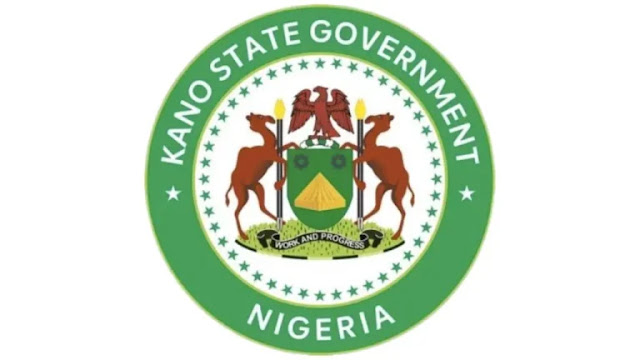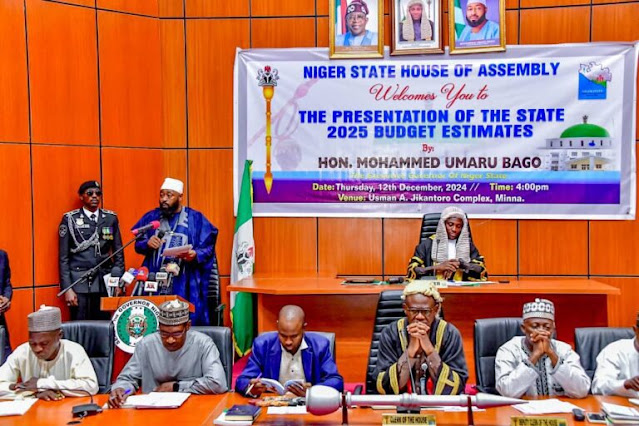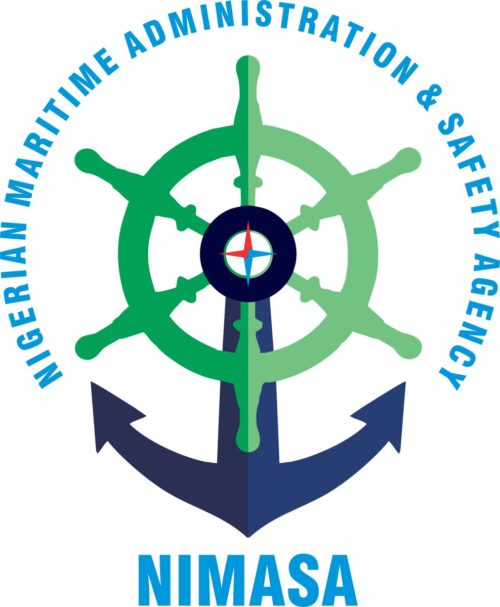The Nigerian Midstream and Downstream Petroleum Regulatory Authority (NMDPRA) has identified unreliable electricity as one of the most pressing obstacles holding back the country’s shift to electric mobility.
The regulator also flagged the high cost of electric vehicles, inadequate charging infrastructure, and low public awareness as barriers that must be addressed if Nigeria is to align with the global energy transition.
Speaking at a webinar convened by the Major Energies Marketers Association of Nigeria (MEMAN) on the theme “Accelerating Electric Mobility Adoption in Nigeria by Unlocking Downstream Potential”, NMDPRA’s Director of Operations, Distribution Systems, Storage, and Retailing Infrastructure, Dr Mukaila Oseni, situated Nigeria’s challenges within a broader global context. He referenced the International Energy Agency’s forecast of 145 million electric vehicles expected worldwide by 2030.
Oseni explained that EV adoption in Nigeria is slowed by prohibitive purchase prices, a lack of charging stations, weak grid electricity, and minimal public sensitisation. He cautioned that unless swift interventions are made, the country risks falling behind the global shift to cleaner transport.
He stressed that electric vehicles remain vital to diversifying Nigeria’s energy mix, lowering transport costs in the long term, and reducing harmful emissions. He further recommended that Nigeria’s wide downstream retail network be repurposed to host EV charging points, supported by decentralised mini grids to guarantee stable supply.
Linking the push for EVs to Nigeria’s Decade of Gas policy, Oseni argued that compressed natural gas (CNG) and liquefied petroleum gas (LPG) can serve as transitional fuels until electric mobility gains scale.
MEMAN’s Chief Executive Officer and Executive Secretary, Clement Isong, outlined current progress, noting the establishment of 12 EV charging and battery-swapping sites and five after-sales centres nationwide. He drew attention to opportunities such as solar-powered charging systems, swapping networks, and the rapid uptake of electric two- and three-wheelers as entry points for market growth.
Isong pressed for stronger collaboration between regulators, investors, and industry operators, affirming MEMAN’s role in fostering dialogue and knowledge exchange to support adoption.
The Director of Energy Utilisation at the Energy Commission of Nigeria, Mohammed Mundu, suggested that existing fuel stations could serve as strategic locations for EV charging because many already have surplus power capacity. He also recommended integrating solar solutions to ensure affordability and sustainability.
On the policy side, the Director of Vehicle Electrification at the National Automotive Design and Development Council, Abdullahi Ayinde, warned that Nigeria’s EV roadmap must be anchored on clear market demand. He cautioned that without demand-driven growth, businesses risk repeating past failures seen in the auto assembly industry. Ayinde noted with concern that local content in vehicle production has fallen from 40 per cent in the 1980s to less than 10 per cent today, and he pressed policymakers to focus on building sustainable demand.
The Standards Organisation of Nigeria (SON) also weighed in through its Group Head of Electrical and Electronics, John Francis, who stated that standards are urgently needed to protect consumers and investors in the EV sector. He observed that unregulated EV models are already spreading in states such as Borno, with incompatible technologies creating risks of market fragmentation. SON, he added, is working with the Nigerian Automotive Industry Development Plan and international partners to put safeguards in place.
On financing, the Climate Finance Manager at the Nigeria Off-grid Market Acceleration Programme, Akinyemi Alebiosu, described EV adoption as inevitable. He argued that Nigeria’s reliance on imported used vehicles, rising transport costs, currency pressures, and fuel price volatility are accelerating the urgency for alternatives.
Alebiosu projected that West Africa could host almost 9.9 million electric vehicles by 2050, requiring an estimated $20 billion in infrastructure investment, with Nigeria leading in demand. He recommended blended financing models to attract private sector participation and cited successful initiatives such as Lagos’ deployment of e-buses and a Nigerian bank’s decision to replace its entire fleet with electric vehicles.






